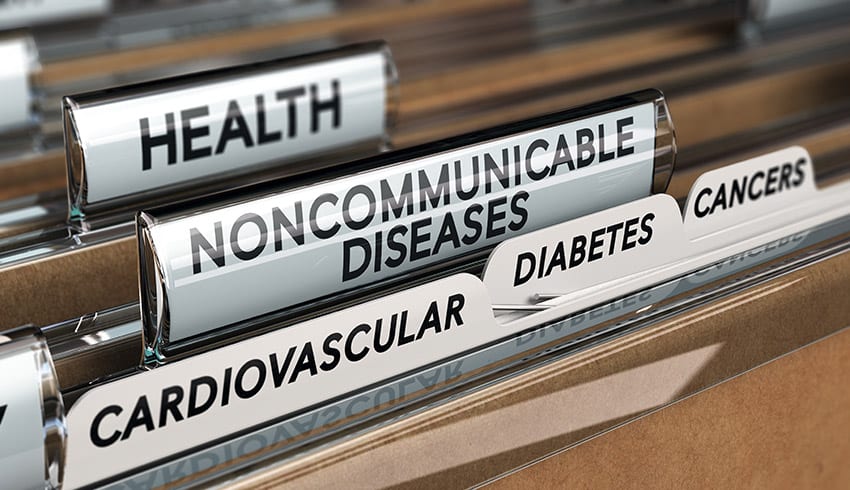
Non-communicable diseases (NCDs) and mental health will come into sharp focus next week when the Ministry of Health and Wellness co-hosts the World Health Organization (WHO) and Pan American Health Organization’s (PAHO) Small Island Developing States (SIDS) High-level Technical Meeting.
It will be held from January 17 to 18, at the Hilton Barbados Resort, Needham’s Point, St. Michael.
The technical meeting, which is a precursor to the Ministerial Conference on NCDs and Mental Health being held in June this year, is expected to advance domestic action on NCDs and mental health in SIDS countries by learning from their achievements and challenges.
It is recognised that SIDS have a high burden of non-communicable diseases, including obesity. The meeting will address mental health in SIDS countries, as well as the impact of climate change coupled with the impact of COVID-19 on health and economies in these particularly vulnerable states.
On a global scale, SIDS have a higher burden of NCDs and poor outcomes when compared to the rest of the world. There are several commercial determinants that impact these outcomes, such as high transactional costs and the remoteness of many of these countries. In addition, the burden on SIDS countries is exacerbated by climate change.
This technical meeting will serve as a follow-up to the virtual WHO SIDS Summit for Health held in July 2021, which urged member states to strengthen their collaboration and partnership to address development challenges.
It also follows the SIDS Accelerated Modalities of Action (SAMOA) Pathway in 2014, which included a commitment to enable cooperation among SIDS countries on health, and a continuation of discussions first initiated in Barbados in 1994 on the Programme of Action for Sustainable Development of SIDS.
Senior technical representatives from the Ministries of Health, academics, people with lived experience, leaders from business and civil society will be in attendance.
The agenda will include how the impact of COVID-19, the climate crisis and political, social and commercial factors drive disproportionately high rates of cancer, heart disease, diabetes, and lung cancer, as well as the steep rise in mental health conditions.
The meeting will act as a catalyst for sharing solutions that work and can be scaled up in other small island developing states to save lives and improve the quality of life. This includes analysis on the impact of soda taxes, efforts to reduce smoking, increase physical exercise and to decarbonise and mitigate the effects of climate change.
